Afghanistan on brink of 'irreversible' economic collapse: UN envoy
Humanitarian agencies may have distributed enough aid to Afghanistan to prevent large-scale famine and starvation, but the economic challenges have left the country on the brink of “irreversible” ruin, the UN envoy to Kabul says.
Deborah Lyons, the special representative of the secretary-general and head of the United Nations Assistance Mission in Afghanistan (UNAMA), briefed the UN Security Council on Wednesday and said that solving the Afghan people’s problems required collaborating with the Taliban, who seized power in August last year.
“It is now clear that it will be impossible to truly assist Afghan people without working with the de facto authorities,” Lyons said. “This must be difficult for some to accept. But it is essential.”
The Taliban authorities lack international recognition six months after overrunning Kabul as the last US-led international troops departed, ending 20 years of war.
The administration of US President Joe Biden has frozen nearly $9.5 billion in assets belonging to the Afghan central bank since the withdrawal of its occupation forces from the country in August 2021. The International Monetary Fund (IMF) and the World Bank have suspended activities in Afghanistan, withholding aid as well as $340 million in new reserves issued by the IMF in August.
Many of the US allies and Western governments have also largely suspended their financial assistance to Afghanistan since the US troops’ withdrawal and the Taliban taking power. Aid agencies and the UN have estimated that more than half of Afghanistan’s 38 million population is expected to face hunger this winter.
“Six months of indecision, marked by continued sanctions — albeit with some relief — and unstructured political engagement, are eroding vital social and economic coping systems and pushing the population into greater uncertainty,” Lyons said.
Describing Afghanistan’s pressing economic challenges, she warned of a tipping point that will see more businesses close, more people going unemployed, and more falling into poverty. Meanwhile, a gulf of distrust exists between the Taliban and the global community.
Afghanistan's economic collapse is "approaching a point of irreversibility," she said.
Above all, the Taliban want greater acknowledgement for the security that now prevails in Afghanistan, and often point out that since the fall of the previous government, the country has seen a 78-percent decline in civilian casualties.
Lyons told the Council that UN agencies and their partners had supplied aid to nearly 20 million Afghans across the country.
The Security Council is scheduled to vote on the renewal of UNAMA’s mandate on March 17.
VIDEO | Iran’s ‘True Promise’
Op. True Promise showcased interoperability of Iran’s Army, IRGC: Top general
UN demands end to Israel’s support for settler attacks on Palestinians
Trump returns to court in hush-money trial
VIDEO | Scientists train robot to walk on moon
Israel keeps ‘unlawful’ restrictions on Gaza aid in place, UN warns
Zionists will come to know Iran’s real response if they make a mistake: Raeisi
Ukraine running out of missiles to fight Russia: Zelensky


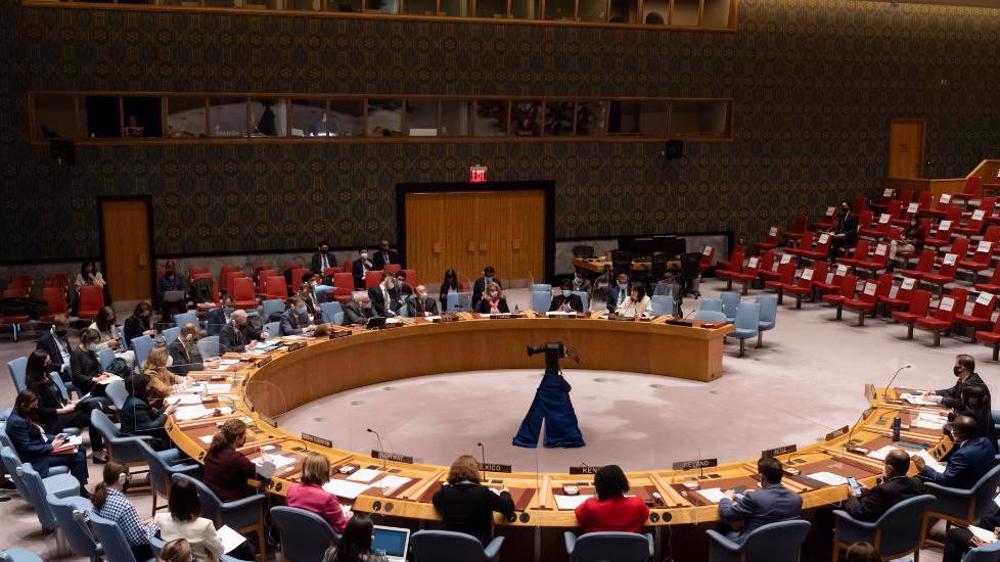
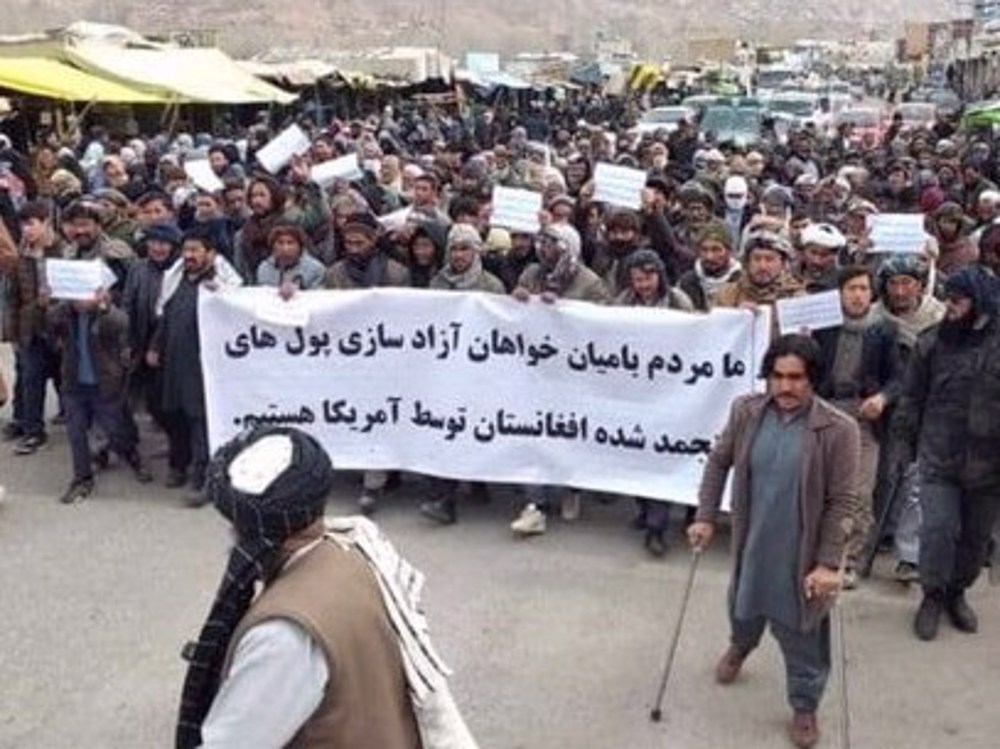
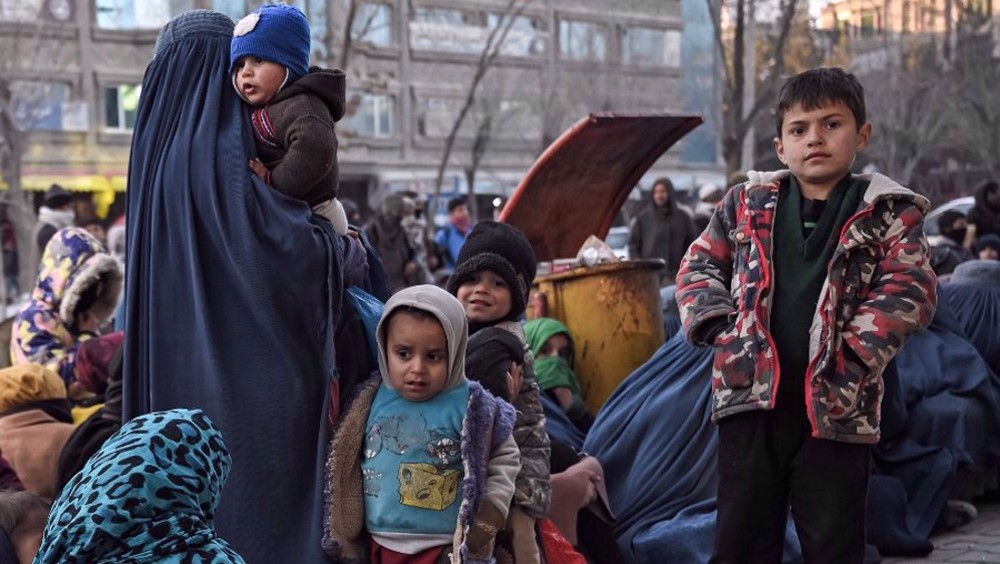
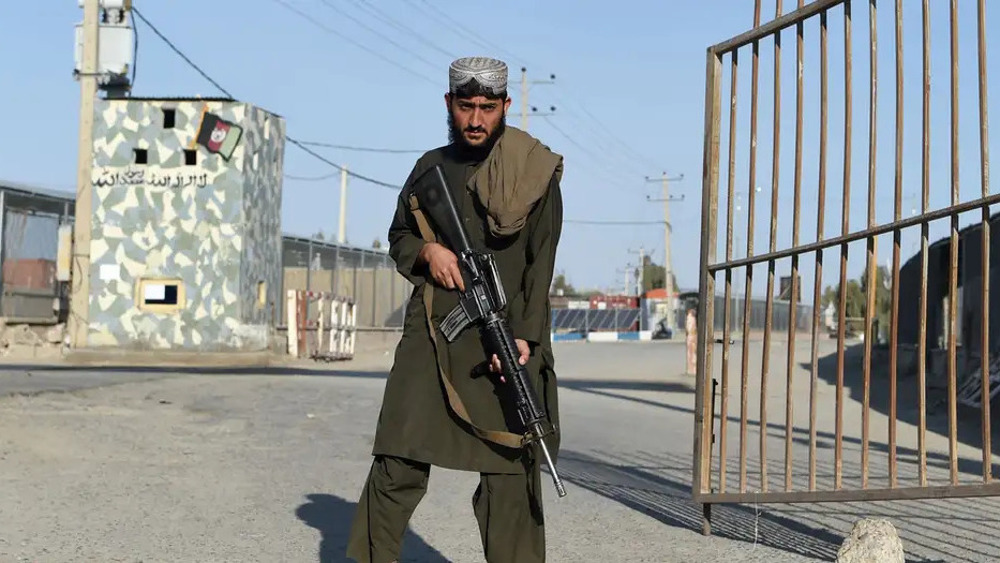

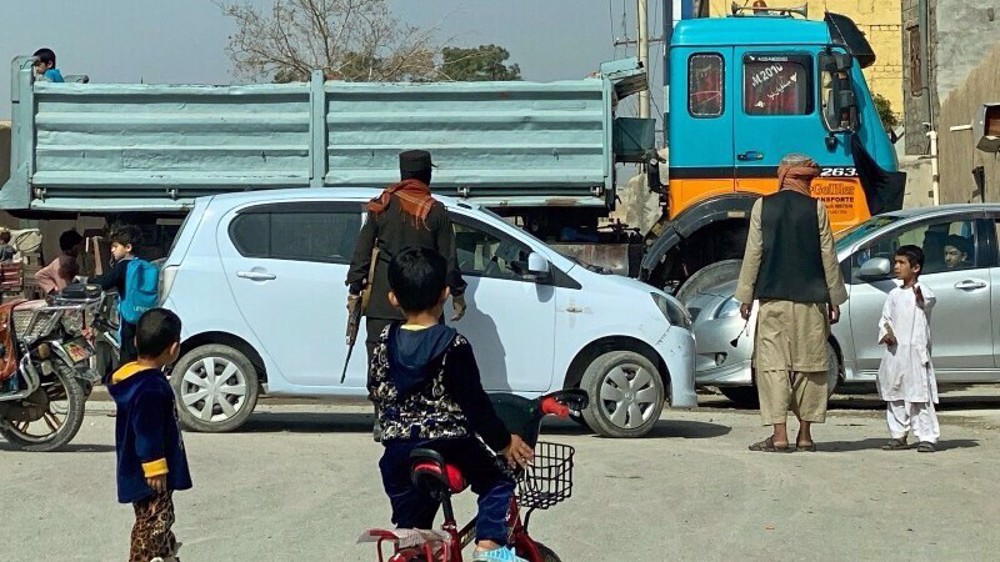




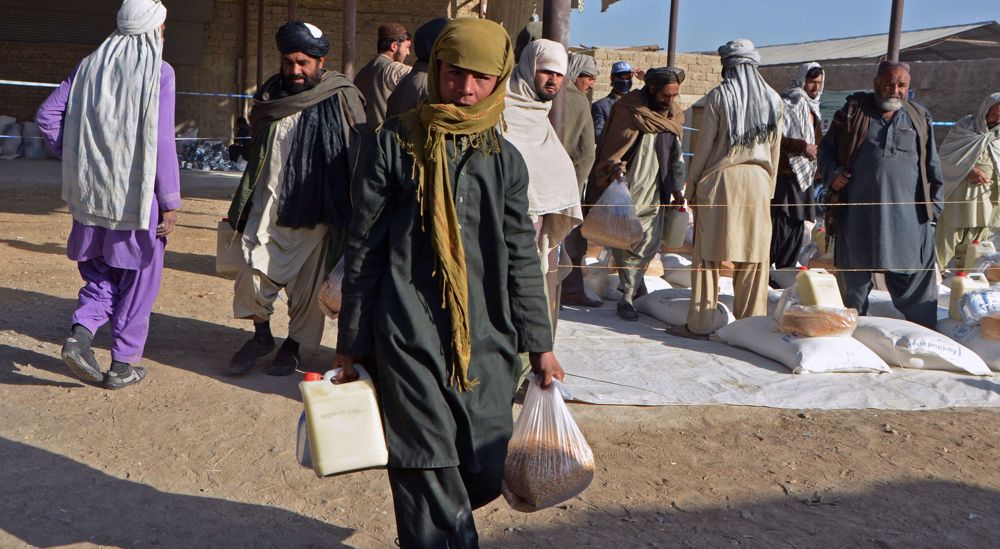
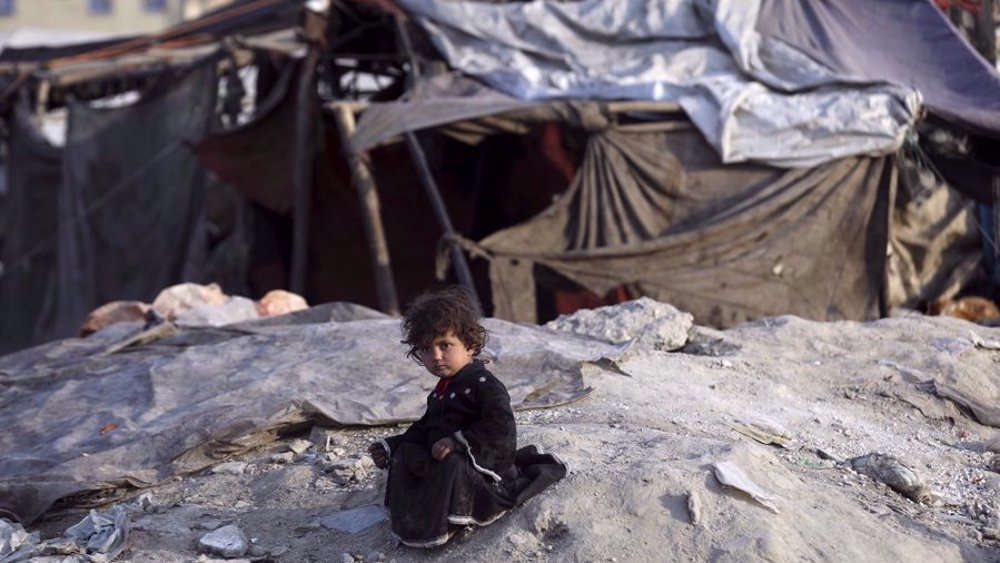
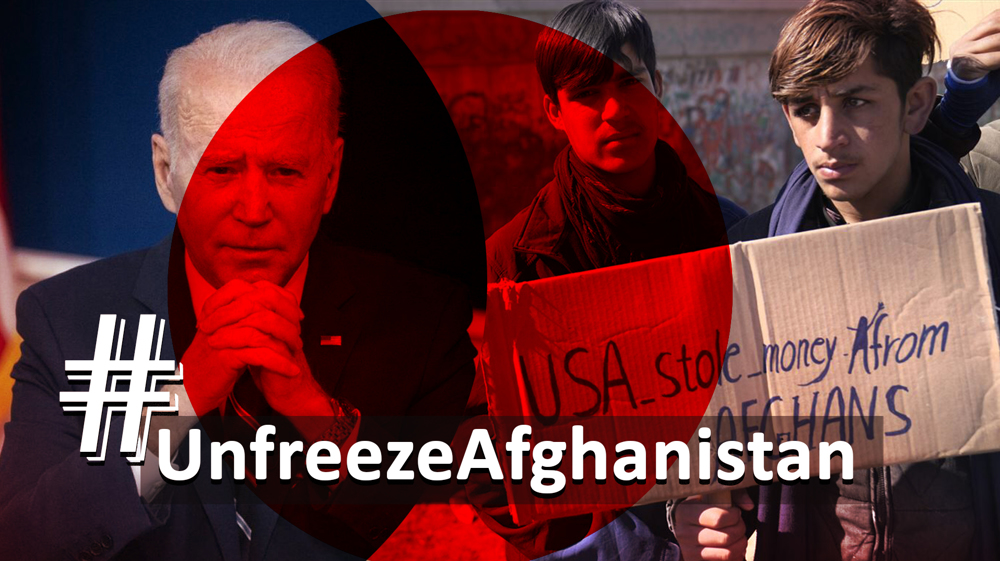
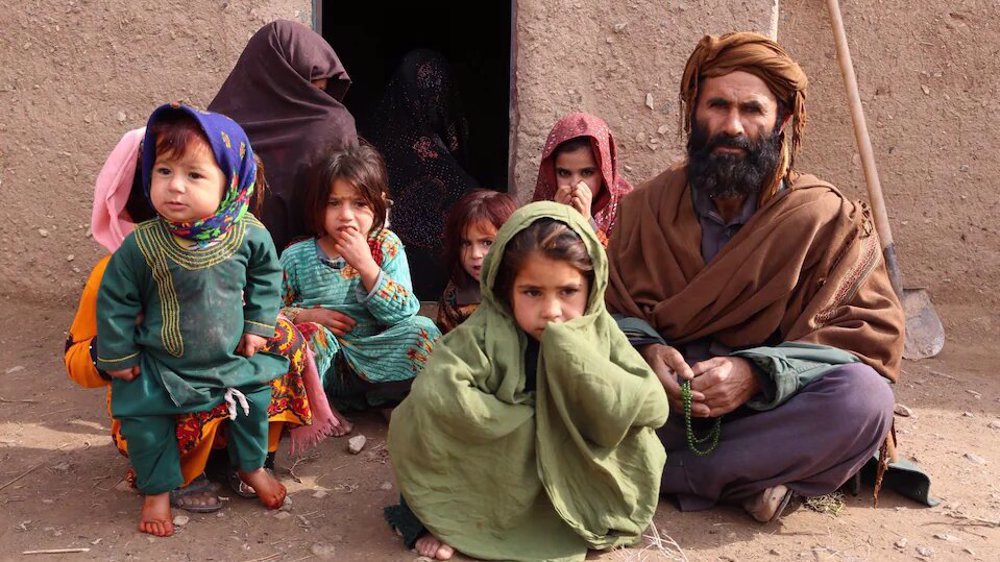

 This makes it easy to access the Press TV website
This makes it easy to access the Press TV website